Media coverage
Share

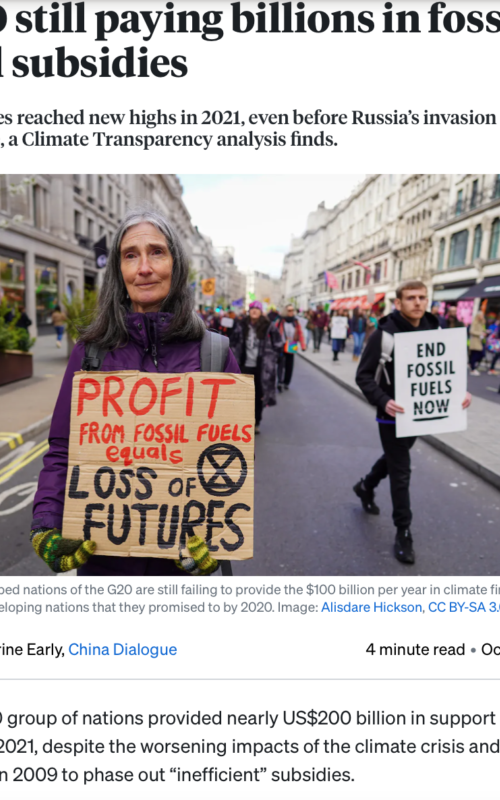
Eco-Business
"We are now in a moment where geopolitics and energy security issues are combining to really hammer home the benefits of cheap renewables, yet we are still seeing many of these governments turning to fossil fuels as the solution." - Bill Hare

Al Jazeera
Intense storms are becoming more common due to warmer oceans from anthropogenic emissions of greenhouse gasses. In order to mitigate damage from future natural disasters, we need to curtail warming at 1.5C and support people on the front lines of climate change.
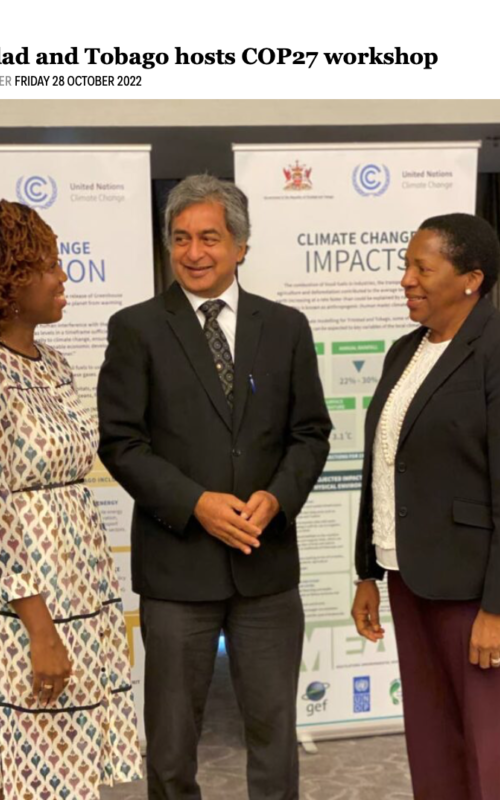
Trinidad and Tobago Newsday
Climate Analytics Caribbean, along with the Ministry of Planning and Development and the UN Development Programme, held a workshop in anticipation of COP27 entitled "Prelude to COP27: How Trinidad and Tobago Can Lead the Region In Raising Resiliency".
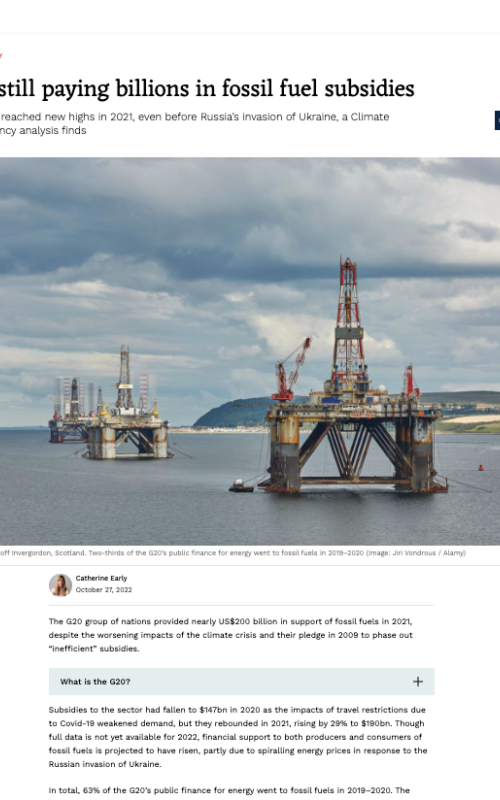
China Dialogue
"The energy crisis really reinforces the need to get on with renewables" - Bill Hare comments on the latest Climate Transparency Report, which tracks G20 climate action and was co-authored by Climate Analytics.
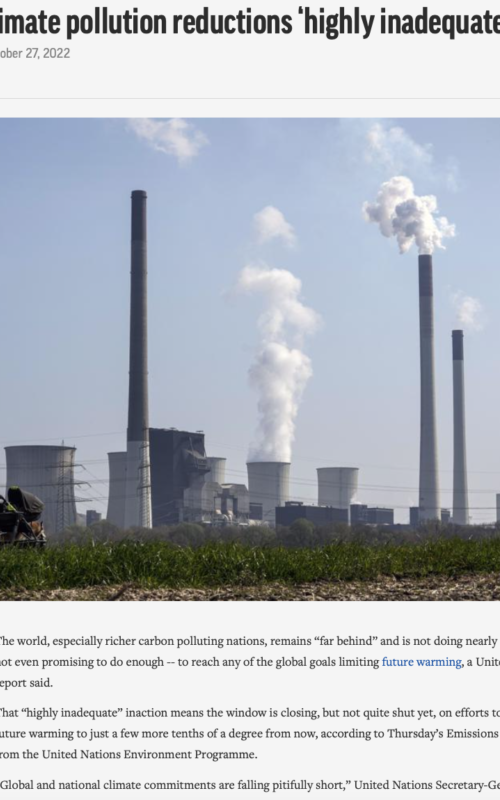
AP
“The report confirms the utterly glacial pace of climate action, despite the looming precipice of climate tipping points we’re approaching,” - Bill Hare
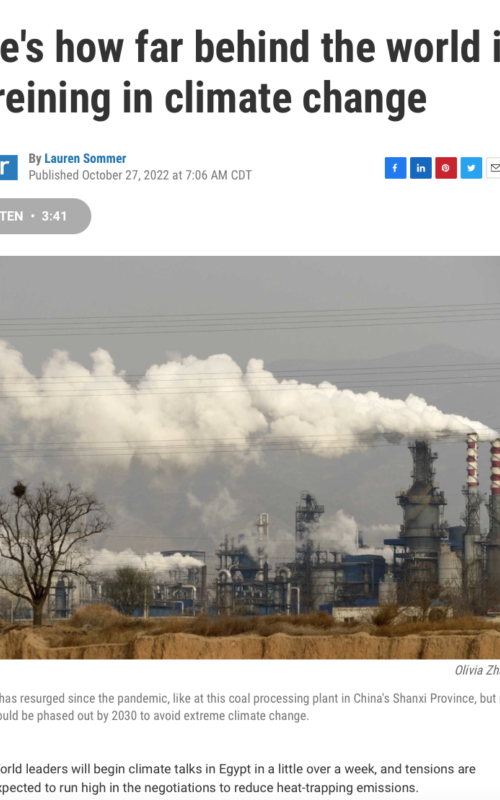
NPR
Emissions are still rising but they need to fall 45% by 2030. Claire Fyson of Climate Analytics highlights that we are "not moving fast enough."

The Hill
"The G20 is responsible for three-quarters of the world’s emissions. We are now in a moment where geopolitics and energy security issues are combining to really hammer home the benefits of cheap renewables." Bill Hare comments on fossil fuels subsidies.
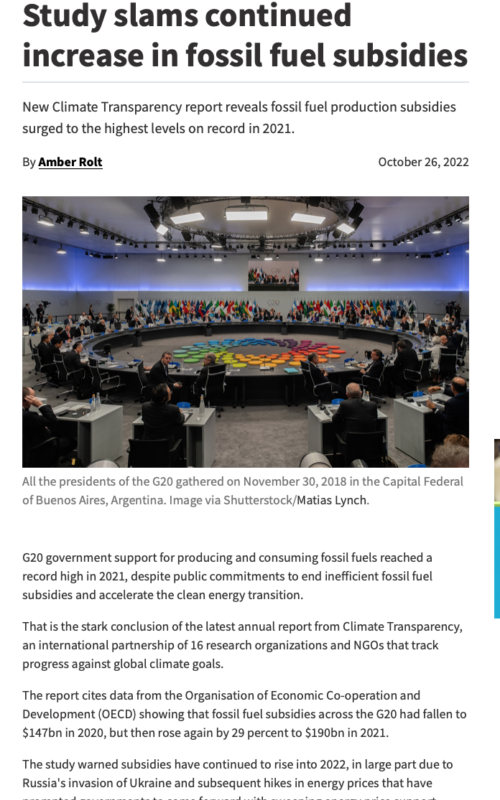
GreenBiz
The findings of the report 'The Climate Transparency Report 2022' is discussed in an article by GreenBiz where Bill Hare is quoted commenting on the countries supporting the usage of fossil fuels.
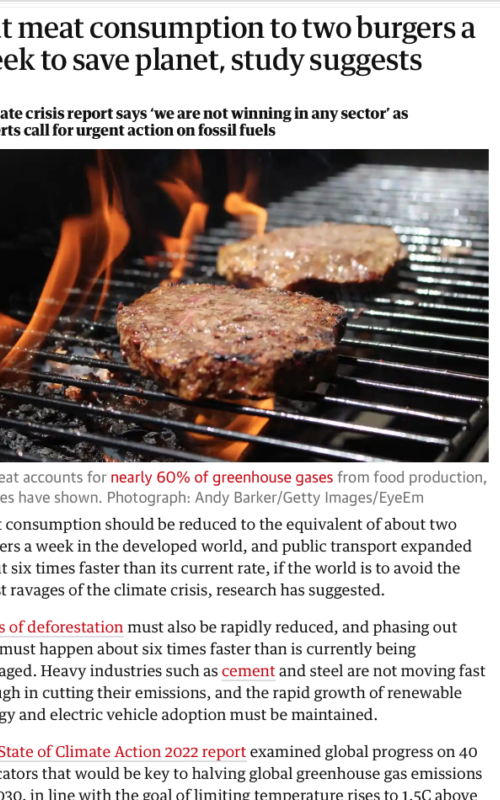
The Guardian
“The ongoing crisis resulting from shocks like the pandemic and Russia’s invasion of Ukraine has shown very clearly how continued reliance on fossil fuels is not only bad for the climate but also comes with serious security and economic risks.” - Bill Hare
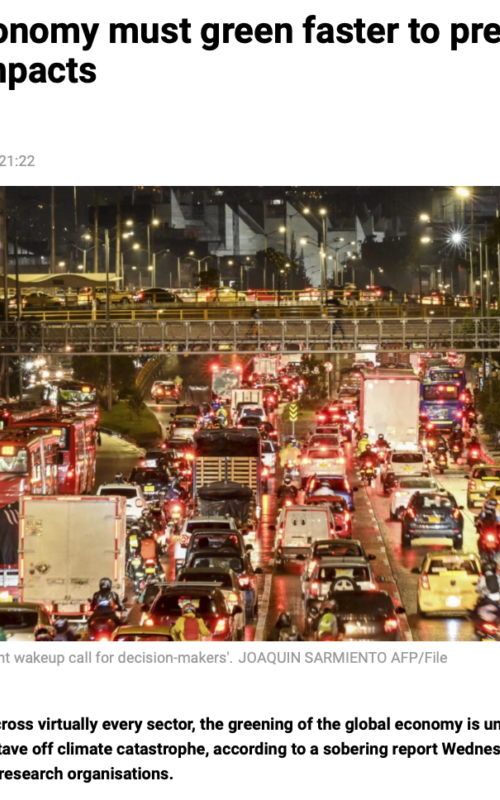
France 24
Across virtually every sector, the decarbonisation of the global economy is unfolding far too slowly to avoid climate catastrophe. In regards to climate finance, "Governments and private institutions are failing to deliver on the Paris Agreement's goals of aligning financial flows with the 1.5C limit," says Claire Fyson, an analyst at Climate Analytics.